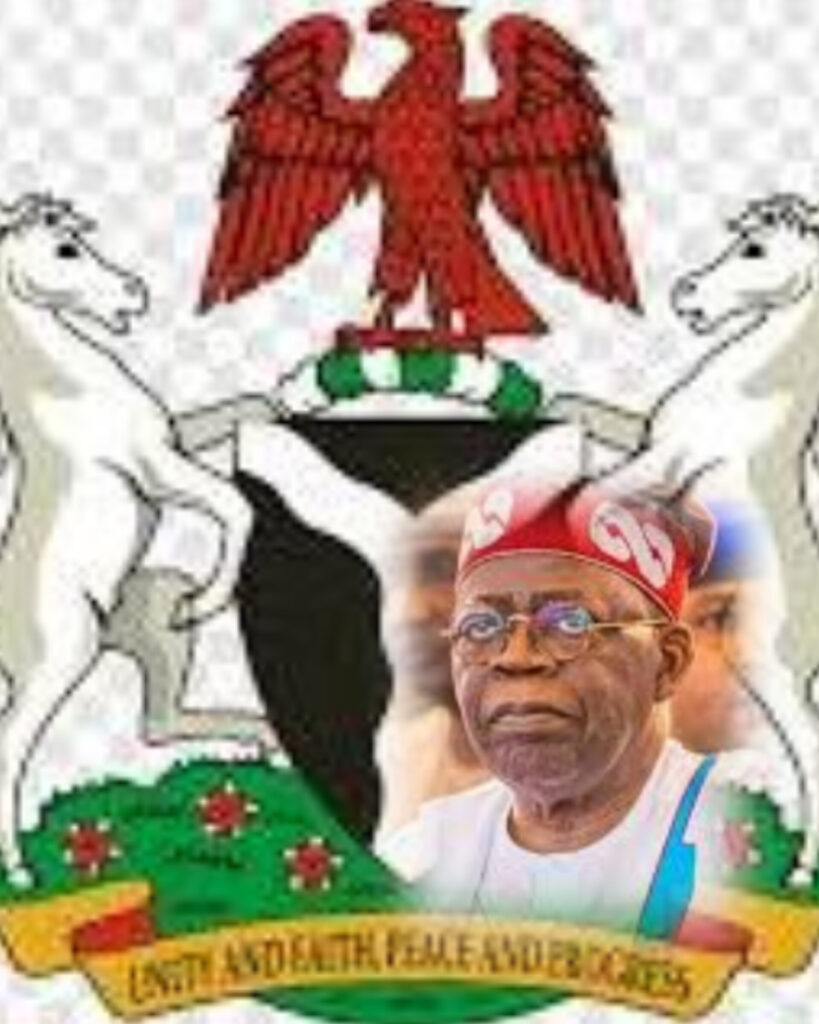
*Want improved Early Warning systems, better salaries for security personnel
For the umpteenth time, Civil Society Legislative Advocacy Centre (CISLAC) and Transparency International Nigeria have issued a clarion call for the government of the day to give a serious thought to an urgent reforms that can address the socio-economic challenges the nation went through in the Year 2024.
President of Nigeria is currently Mr. Bola Ahmed Tinubu, who came to office after President Muhammadu Buhari completed his eight years of two-term tenure on May 29, 2023.
He has governed Nigeria amidst cries and wailings of hardship, hunger never-seen before poverty level occasioned by his policies on fuel subsidy removal and foreign exchange.
The OCCRP, which coordinates a network of investigative journalists and activists, revealed that Kenyan President, William Ruto received the highest number of votes in the process for determining the rankings but listed Tinubu as third, following former Indonesian President, Joko Widodo. Despite the vote, however, the main “Person of the Year” titled was awarded to Bashar al-Assad, who was recently ousted as President of Syria.
As those awards and rankings lasted at the tail end of 2024, CISLAC and Transparent International Nigeria came up with their own joint statement through which they made a case for urgent reforms to address challenges that corruption-related circumstances had caused the country and its people.
In the statement signed by Comrade Auwal Musa Rafsanjani, who is Executive Director CISLAC and Head of Transparency International Nigeria, the foremost civil society organisations said, “The government must implement rapid and holistic measures to address citizens’ plights.”
According to the Rafsanjani, who is also the Chairman Boards of Transition Monitoring Group (TMG) and Amnesty International (Nigeria), CISLAC and TI-Nigeria emphasised the excessive cost of governance as a critical barrier to national development.
“High governance costs divert resources from critical sectors,” the organisation noted, pointing out that many states are pursuing unproductive projects despite recommendations from the Orosanye Report aimed at reducing wasteful expenditures.
CISLAC and TI-Nigeria underscored the urgent need for enhanced security measures in 2025. “The government must allocate adequate resources to security sectors to combat ongoing violence,” the statement stressed.
Despite attempts to undermine anti-corruption agencies, CISLAC and TI-Nigeria called for reaffirming commitment to their independence. “The government must fully implement anti-corruption laws to remove Nigeria from international grey lists,” they urged. “Without addressing systemic corruption, achieving sustainable development will remain an illusion,” Rafsanjani recalled the warning during a recent presentation at the UN General Assembly.
On local government autonomy, CISLAC and TI-Nigeria commended recent judicial rulings supporting local government autonomy but emphasised the need for constitutional reforms to ensure effective grassroots development. “Local governments must be empowered financially and administratively to deliver on their mandates,” they stated.
In conclusion, CISLAC and TI-Nigeria emphasised the need for an economic blueprint to address Nigeria’s challenges, focusing on diversification through public-private partnerships in agriculture and industry. “Our nation’s challenges are immense but surmountable. With transparency, accountability, and reform, Nigeria can still achieve its goals,” Rafsanjani concluded.
Culled from Thedefenderngr.com.
